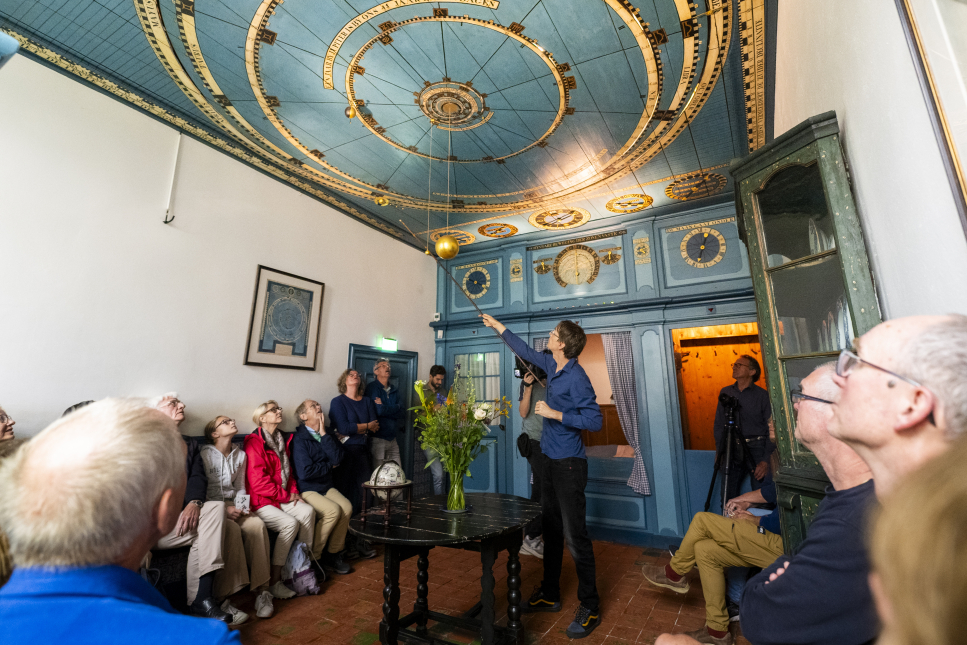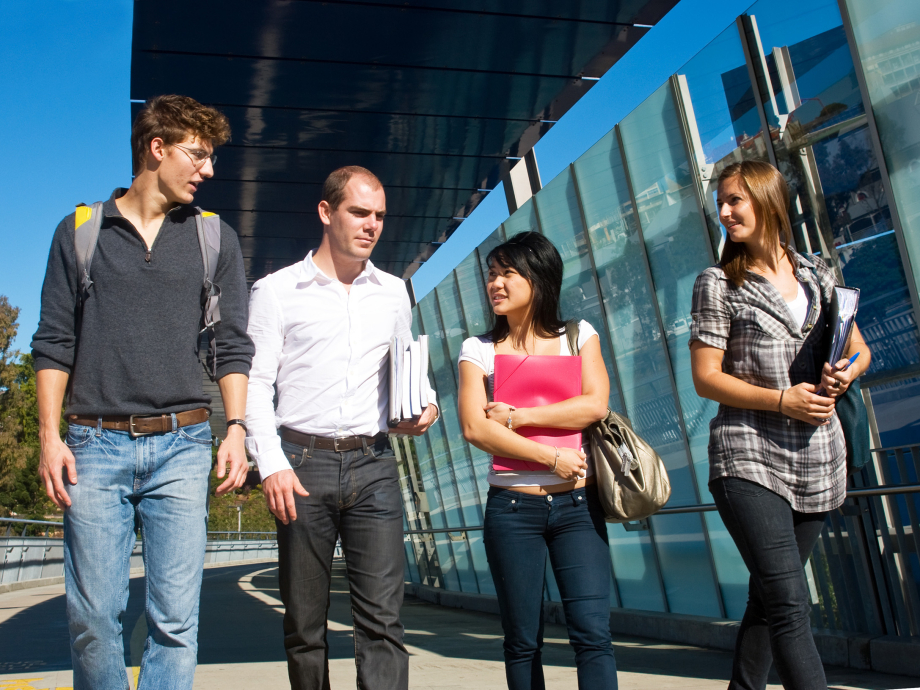How the science system works
Part of the Rathenau Instituut’s scope is to clarify how the science system works. We therefore produce an extensive series of fact sheets and data publications and issue various periodic reports, including the Total Investment in Research and Innovation (TWIN) figures and the Balance of Science report. In addition to these ongoing activities, we produce in-depth analyses on specific themes in response to current developments in science and policy.
The themes we investigate include public investment in research, scientific career development, and trust in science. Two developments that require particular attention in the coming years are the effects of cuts in research budgets and the impact of AI on scientific research.

The two programmes listed below cover topical issues for the next two years. Our ongoing activities within this theme are listed under ‘Science in figures'.

